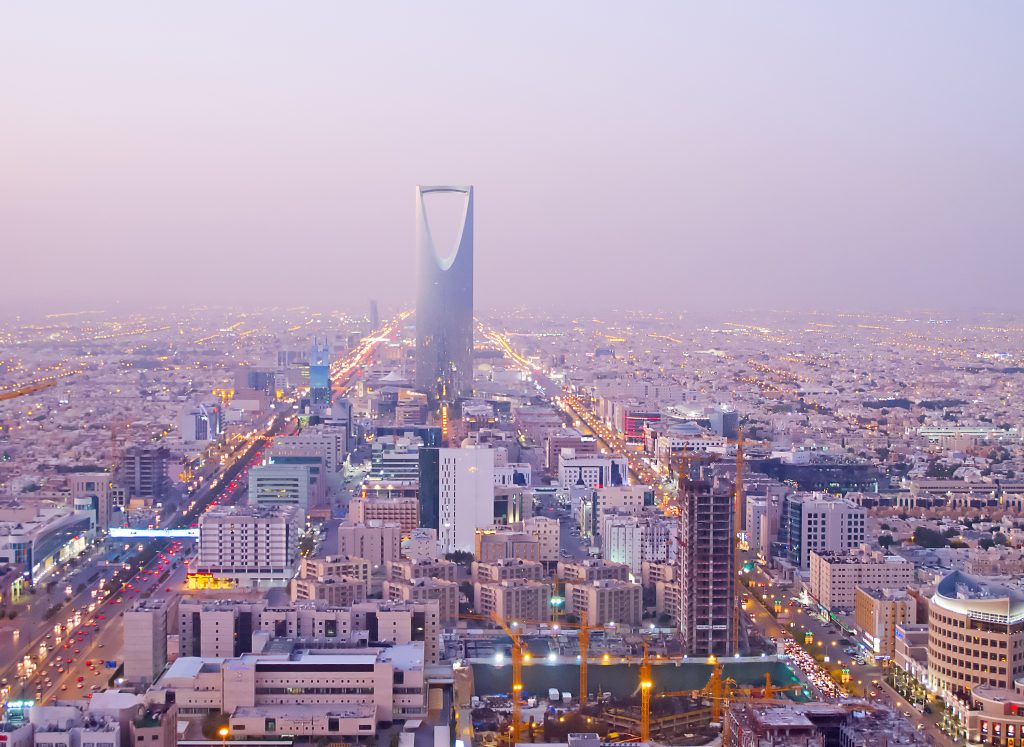The Finance Minister of Saudi Arabia, Mohammed Al-Jadaan, recently highlighted that the nation’s non-oil gross domestic product (GDP) is experiencing an upward trajectory, with a current growth rate surpassing four percent and expectations to go beyond five percent in the coming years.
During his participation in a discussion at the 3rd Saudi Capital Market Forum held in Riyadh, Al-Jadaan pointed out that this growth has remained resilient despite various global crises. He emphasized, This growth confirms the strength and resilience of the Saudi economy.
Since the introduction of Saudi Arabia’s ambitious Vision 2030, the kingdom has embarked on a significant transformation journey, demonstrating success and commitment in both prosperous and challenging times. The Finance Minister reiterated the Kingdom’s pledge to contribute to global stability and to offer investment opportunities.
Al-Jadaan remarked, This is a very young country that promised transformation seven years ago, and now it is showing that and is already demonstrating it in this hall. Showing success as well as the ability to implement and commit during good and difficult times, we will continue this approach, and we will continue until 2030 and beyond.
The minister also spoke about Saudi Arabia’s dedication to fostering global stability, peace, and the provision of business opportunities. On the geopolitical front, he reassured of the Kingdom’s commitment to peace and stability through collaboration with allies and friends.
Al-Jadaan unveiled Saudi Arabia’s ongoing efforts to evolve its financial sector, which includes the coordination of three independent regulatory bodies. These entities, along with the Ministry of Finance, Ministry of Investment, and Ministry of Economy, work together to ensure that the financial sector’s regulations align with the needs of the economy and investors.
He stressed the advantage of this coordinated approach, suggesting that it should be a source of confidence for investors. As the world’s leading oil exporter, Saudi Arabia is fast-tracking its economic diversification away from oil under the Vision 2030 initiative, aiming to bolster sectors such as tourism and industry, expand the private sector, and generate employment opportunities.
Last year, the non-oil businesses considerably outpaced the oil sector’s growth, contributing to an overall economic expansion. Despite a slight contraction in total GDP by 0.9 percent, the non-oil GDP grew by 4.6 percent in 2023. The government’s forecast for increased spending is expected to stimulate domestic growth and bolster non-oil GDP, albeit at the expense of a projected two percent fiscal deficit for the year.
Al-Jadaan acknowledged that the Kingdom’s economic and social reforms have equipped it to better manage external shocks, such as the COVID-19 pandemic and geopolitical risks. He highlighted the successful reduction of the budget deficit from 15 percent to around two percent or less, a measure that strengthens the Kingdom’s resilience.
Saudi Arabia’s budget for 2023 reflected total revenues of approximately SR1.21 trillion against expenditures of around SR1.29 trillion, resulting in a deficit of about SR81 billion. The actual budget revenues in the fourth quarter of 2023 stood at SR357.984 billion, with expenditures at SR394.979 billion as announced on February 14.
The non-oil revenue for 2023 was reported at SR457.728 billion, marking an 11 percent annual increase, whereas oil revenue for the year was SR754.6 billion. The final quarter of 2023, however, saw a 12 percent decrease in non-oil revenues as opposed to the same quarter in the previous year. In contrast, total non-oil revenues for the first nine months of 2023 increased by 22 percent compared to the same period in 2022.
